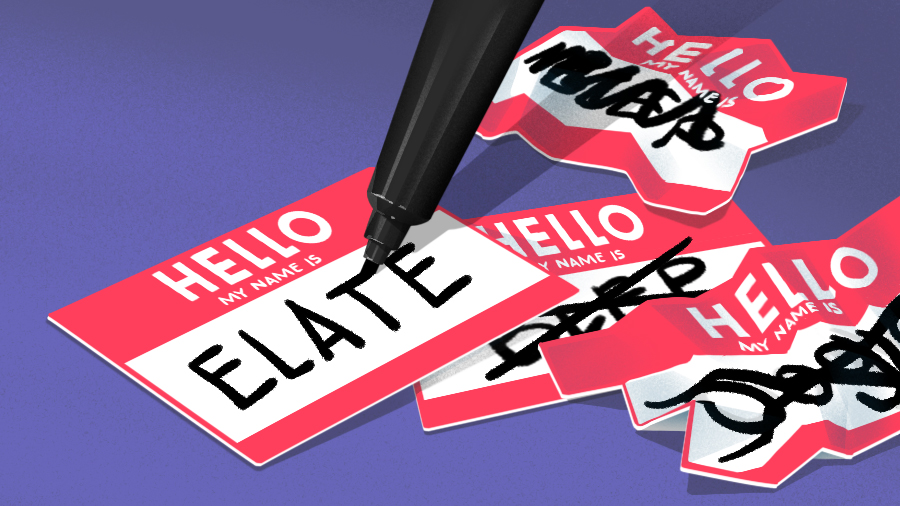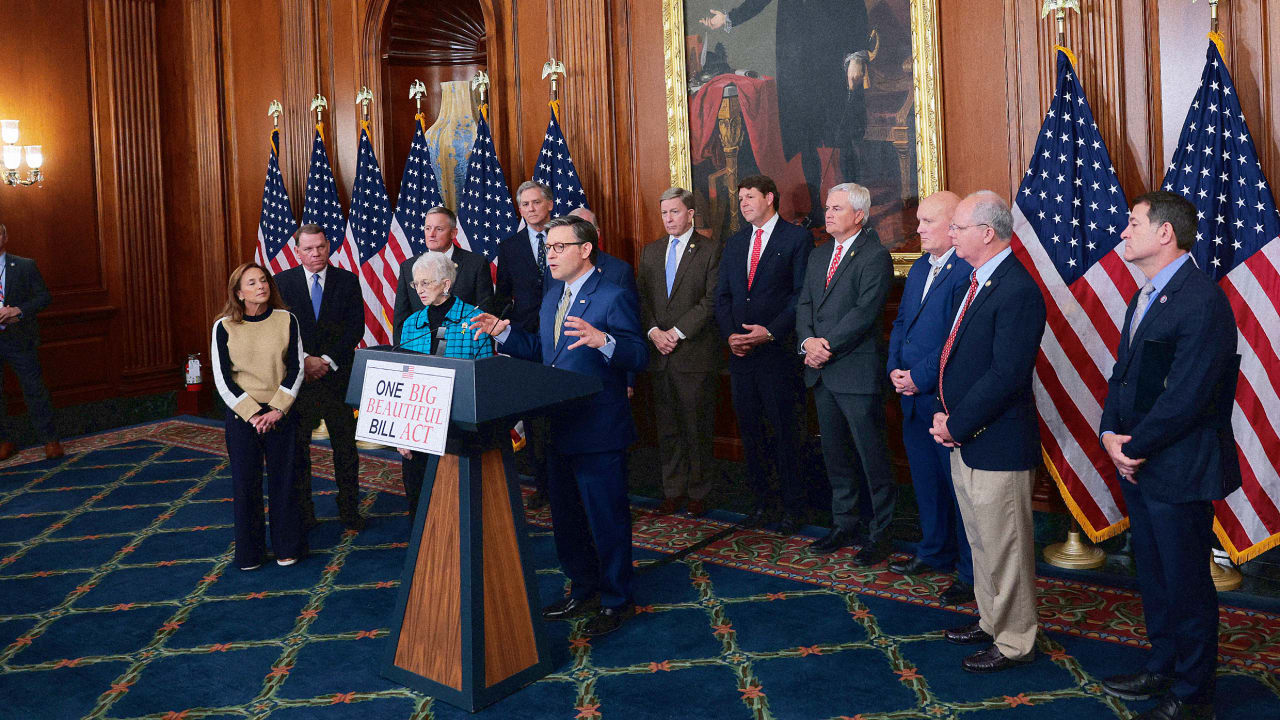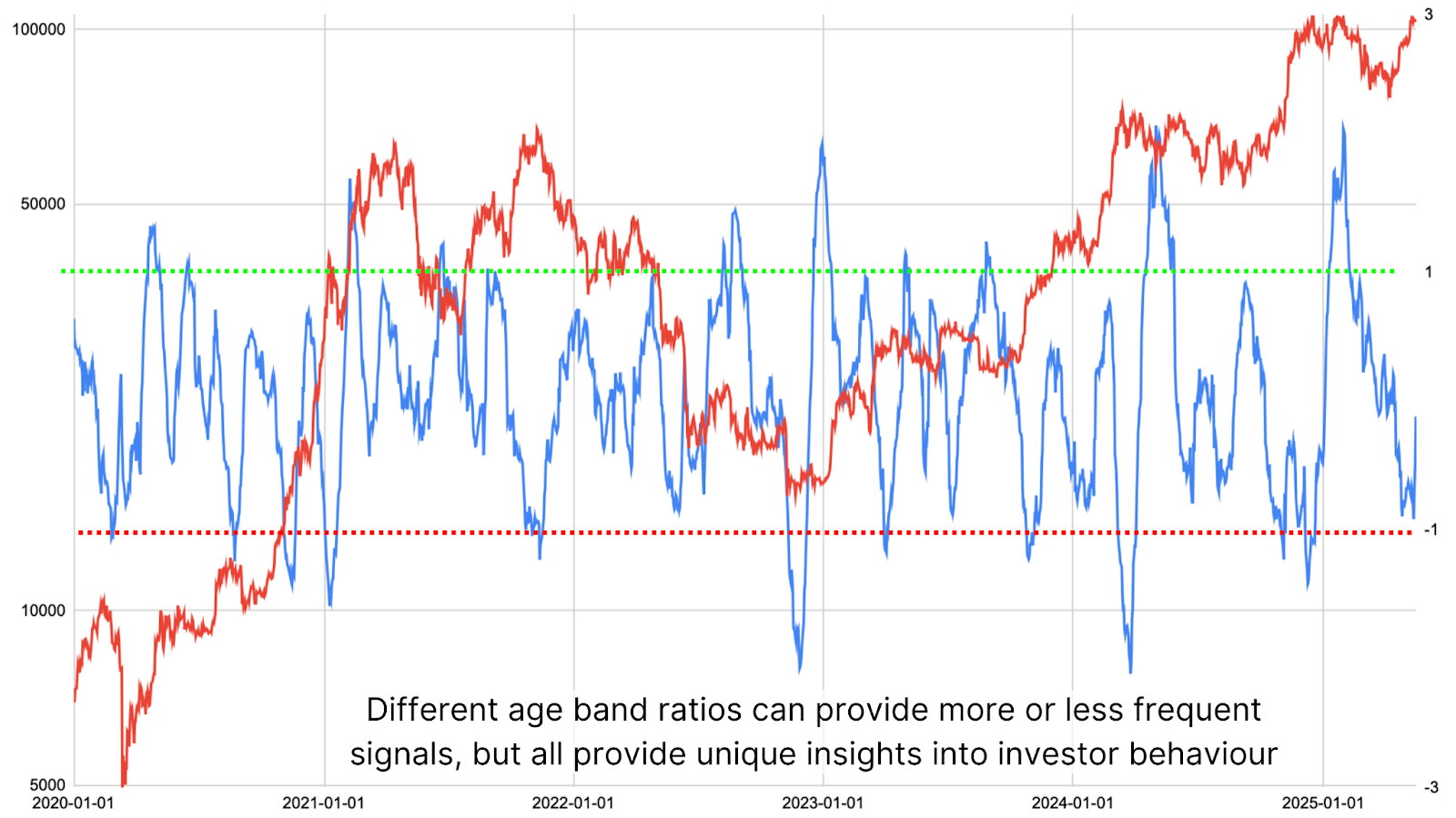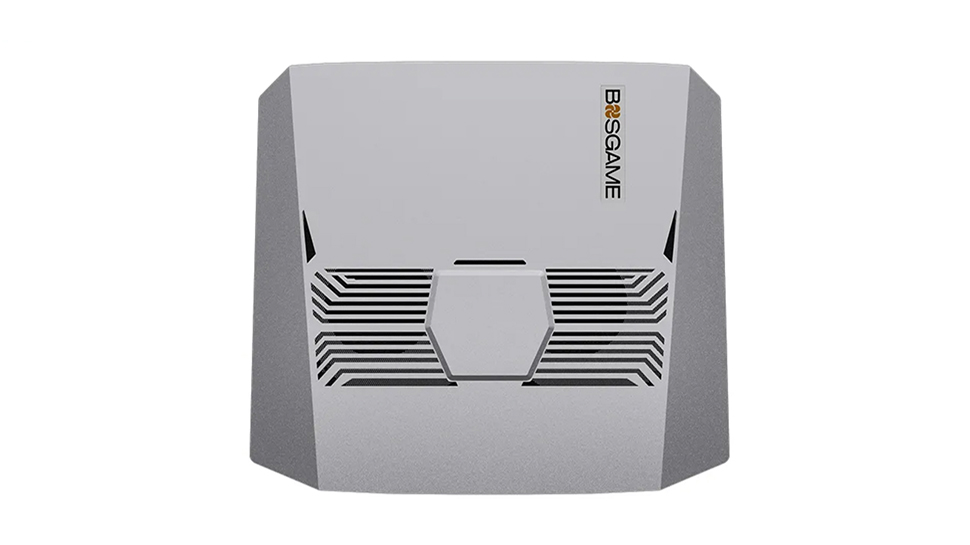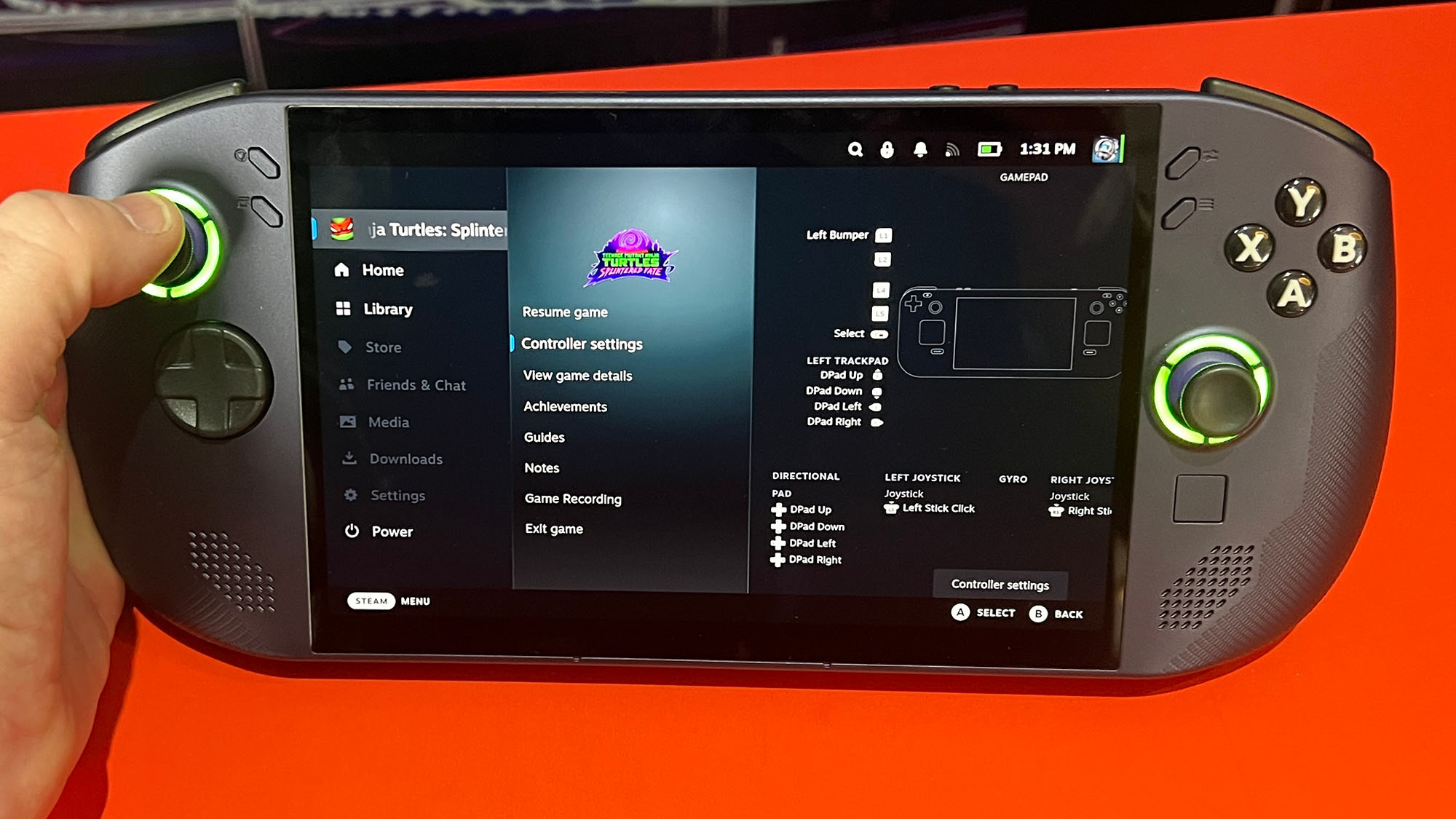Nvidia's RTX 5060 Review Debacle Should Be a Wake-Up Call
Nvidia is facing backlash for allegedly manipulating the review process of its GeForce RTX 5060 GPU by withholding drivers, selectively granting early access to favorable reviewers, and pressuring media to present the card in a positive light. As The Verge's Sean Hollister writes, the debacle "should be a wake-up call for gamers and reviewers." Here's an excerpt from the report: Nvidia has gone too far. This week, the company reportedly attempted to delay, derail, and manipulate reviews of its $299 GeForce RTX 5060 graphics card, which would normally be its bestselling GPU of the generation. Nvidia has repeatedly and publicly said the budget 60-series cards are its most popular, and this year it reportedly tried to ensure it by withholding access and pressuring reviewers to paint them in the best light possible. Nvidia might have wanted to prevent a repeat of 2022, when it launched this card's predecessor. Those reviews were harsh. The 4060 was called a "slap in the face to gamers" and a "wet fart of a GPU." I had guessed the 5060 was headed for the same fate after seeing how reviewers handled the 5080, which similarly showcased how little Nvidia's hardware has improved year over year and relies on software to make up the gaps. But Nvidia had other plans. Here are the tactics that Nvidia reportedly just used to throw us off the 5060's true scent, as individually described by GamersNexus, VideoCardz, Hardware Unboxed, GameStar.de, Digital Foundry, and more: - Nvidia decided to launch its RTX 5060 on May 19th, when most reviewers would be at Computex in Taipei, Taiwan, rather than at their test beds at home. - Even if reviewers already had a GPU in hand before then, Nvidia cut off most reviewers' ability to test the RTX 5060 before May 19th by refusing to provide drivers until the card went on sale. (Gaming GPUs don't really work without them.) - And yet Nvidia allowed specific, cherry-picked reviewers to have early drivers anyhow if they agreed to a borderline unethical deal: they could only test five specific games, at 1080p resolution, with fixed graphics settings, against two weaker GPUs (the 3060 and 2060 Super) where the new card would be sure to win. - In some cases, Nvidia threatened to withhold future access unless reviewers published apples-to-oranges benchmark charts showing how the RTX 5060's "fake frames" MFG tech can produce more frames than earlier GPUs without it. Some reviewers apparently took Nvidia up on that proposition, leading to day-one "previews" where the charts looked positively stacked in the 5060's favor [...]. But the reality, according to reviews that have since hit the web, is that the RTX 5060 often fails to beat a four-year-old RTX 3060 Ti, frequently fails to beat a four-year-old 3070, and can sometimes get upstaged by Intel's cheaper $250 B580. And yet, the 5060's lackluster improvements are overshadowed by a juicier story: inexplicably, Nvidia decided to threaten GamersNexus' future access over its GPU coverage. Yes, the same GamersNexus that's developed a staunch reputation for defending consumers from predatory behavior, and just last month published a report on "GPU shrinkflation" that accused Nvidia of misleading marketing. Bad move! [...] Nvidia is within its rights to withhold access, of course. Nvidia doesn't have to send out graphics cards or grant interviews. It'll only do it if it's good for business. But the unspoken covenant of product reviews is that the press, as a whole, gets a chance to warn the public if a movie, video game, or GPU is not worth their money. It works both ways: the media also gets the chance to warn that a product is so good you might want to line up in advance. That unspoken rule is what Nvidia is trampling here. Read more of this story at Slashdot.

Read more of this story at Slashdot.




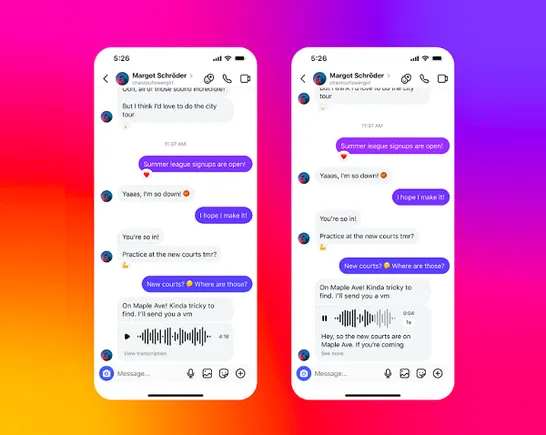
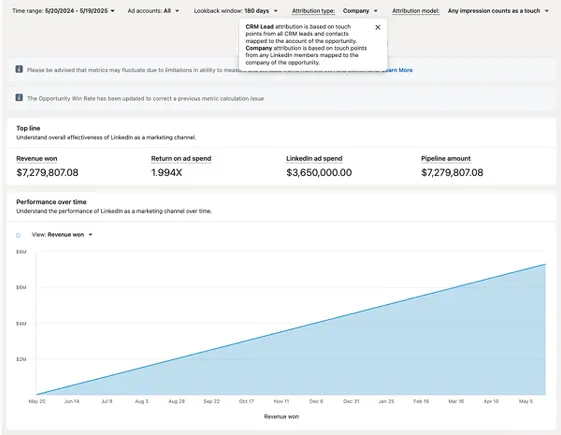








.png)







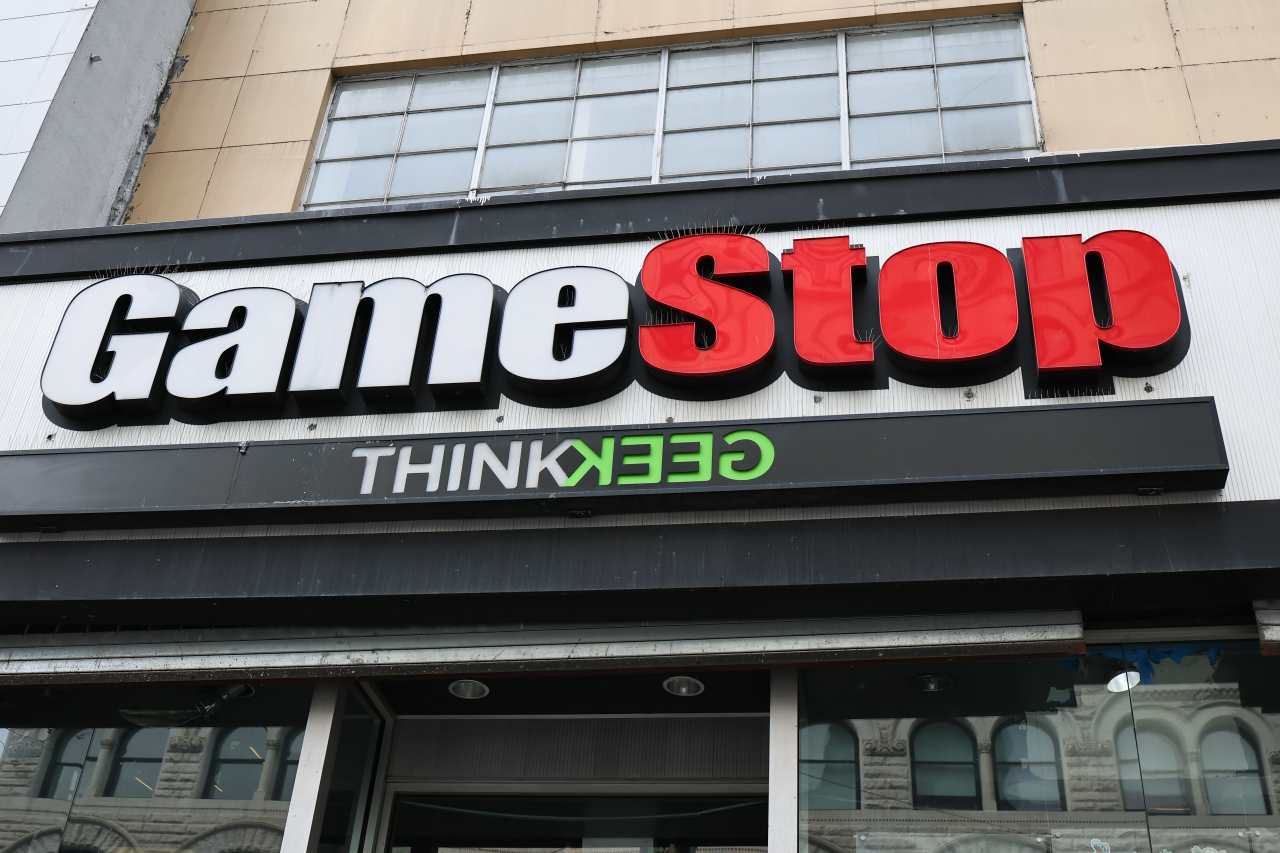




























![[Weekly funding roundup May 17-23] VC inflow remains steady](https://images.yourstory.com/cs/2/220356402d6d11e9aa979329348d4c3e/Weekly-funding-1741961216560.jpg)















